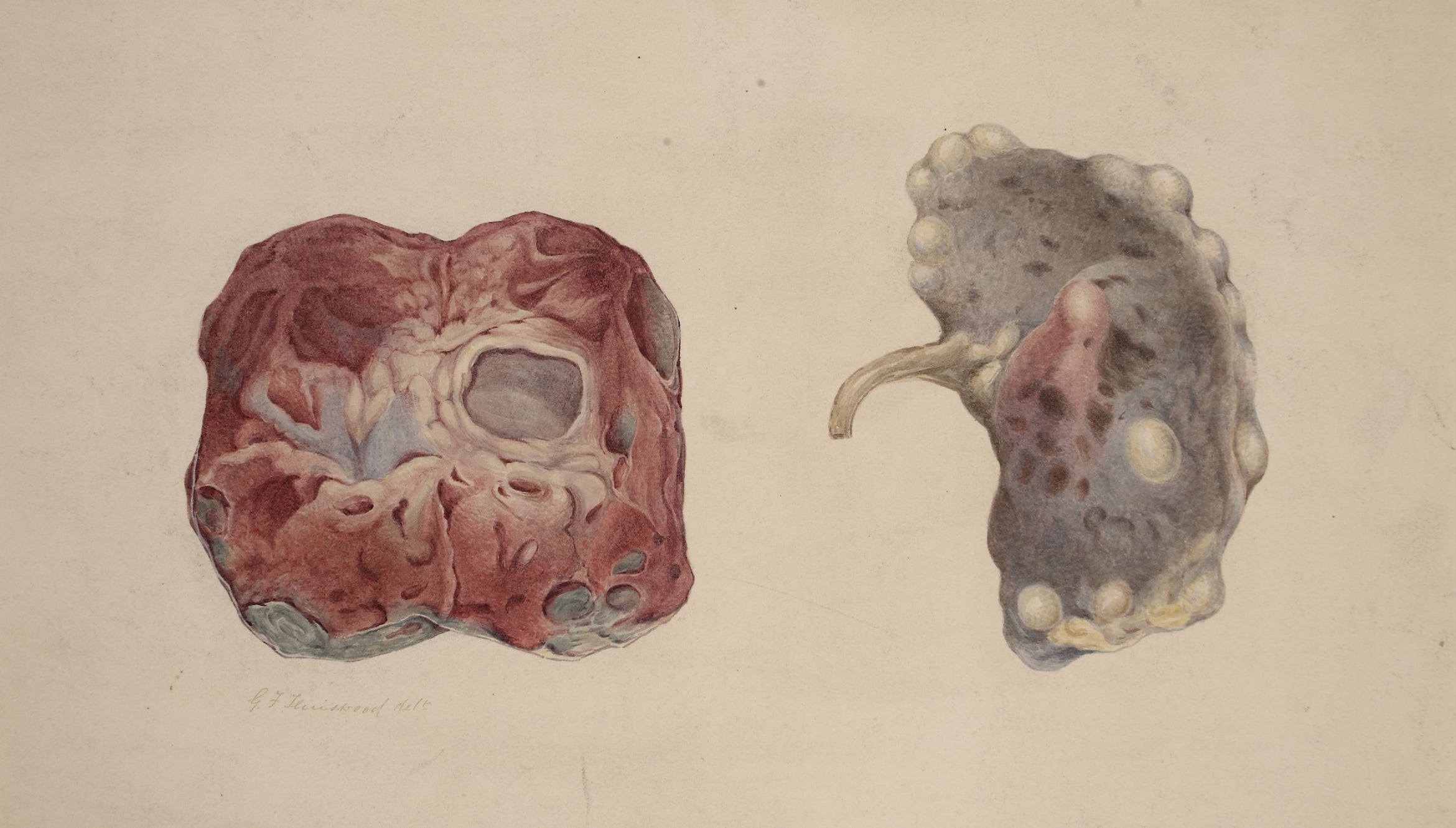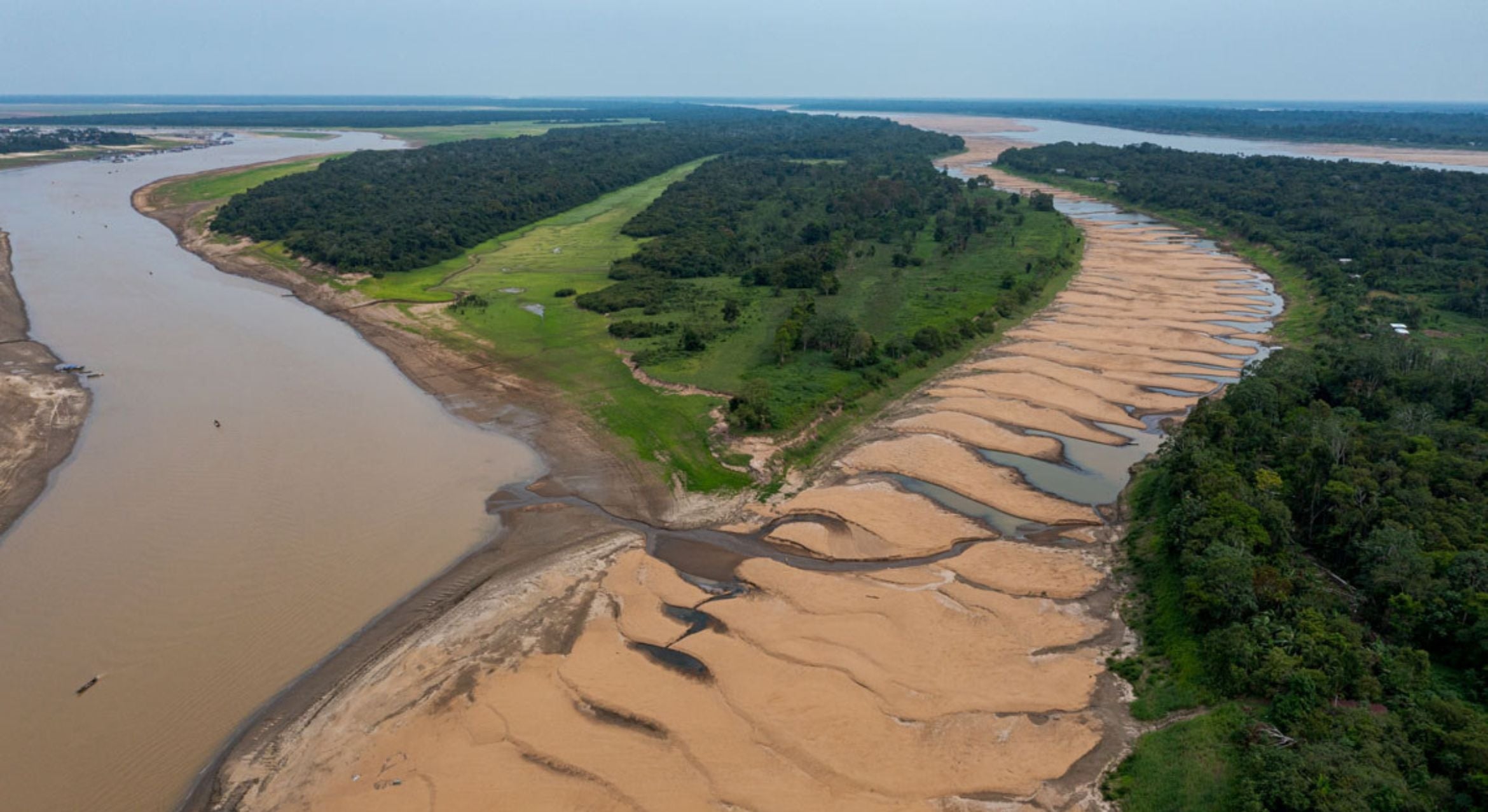Kolea Zimmerman, a young teen from Volcano, Hawaii, is spending this week learning about research projects at the Marine Science Institute at UC Santa Barbara as part of his prize as a national winner of the Discovery Young Scientist Challenge.
Steve Gaines, director of the Marine Science Institute (MSI), arranged Kolea's itinerary for the week.
On Monday, Kolea toured the MSI with a focus on two projects: the study of bioluminescent plankton, and innovative approaches to tracking the movement of fish.
Tuesday, Kolea boarded a research vessel working with the PISCO project (Partnership for Interdisciplinary Studies of Coastal Oceans) to study the effects of ocean currents on the distribution of marine fish and invertebrates.
On Wednesday through Friday, Kolea joins a research expedition to Santa Cruz Island, where he will explore research projects in both marine and terrestrial ecology in the unique ecosystems of the Channel Islands. These include studies of the impact of introduced species on the native flora and fauna of the islands, and of changes in the composition of kelp forest ecosystems in response to climate changes.
The Discovery Young Scientist Challenge, sponsored by Discovery Communications, was designed to encourage interest in science among young people.
The University of California, Santa Barbara was the only university to be invited to provide an award for the contest. The Marine Science Institute (MSI) is known for its outreach to school-age children through the Young Marine Scientist Program.
"Many scientists can remember special experiences from childhood that introduced us to the excitement of scientific discovery," said Steve Gaines, director of MSI. "I'm confident that Kolea will have many opportunities while he is here to experience that thrill."
Candidates for the MSI award at UC Santa Barbara were asked to demonstrate superior knowledge, appreciation for an interdisciplinary approach to solving science problems, and an understanding of the complexity of biology and related fields.
Kolea's winning research project, "Mycoprospecting in Hawaii:
A search for Antibiotics in the Xylariaceae," came about from his interest in studying wild mushrooms and other fungi. Kolea designed an experiment that would test the antibacterial properties of the fungi Xylariaceae. He discovered that two of the 11 forms of the fungi tested produced antibiotic properties. Kolea spends much of his free time outdoors, especially playing soccer. He is about to enter the tenth grade at Waiakea High School in Hilo, Hawaii. He aspires to a career in science engineering where he can apply his love of electronic devices.
"We are proud of Kolea because he demonstrated the same interdisciplinary strengths that are the hallmark of the Marine Science Institute and UC Santa Barbara," said Gaines.
The Discovery Young Scientist Challenge (DYSC) is a national science competition for middle school students. It was established to encourage the exploration, understanding, and communication of science among America's youth, according to its sponsor, Discovery Communications, owner of The Discovery Channel. The 40 finalists competed for $100,000 in scholarships and other prizes. Winners were selected last October.
The contest is co-sponsored by Science Service, based in Washington, D.C., a non-profit that seeks to keep the public abreast of the latest in science information and technology.
The competition targets middle school students because recent studies suggest that children in this country lose interest in science as they get older. According to a September 2000 report by the National Commission on Math and Science Teaching for the 21st Century, American fourth graders rank among the world's best in math and science; however, by the time they reach high school, they slip to nearly last among students in major industrialized countries.
The Marine Science Institute ranks as an international leader in ocean research. Founded in 1969, MSI supports research spanning 14 disciplines including marine biology, ocean engineering, physical oceanography and marine biotechnology. The MSI also publishes the quarterly journal Coastal Discovery.
Editors:
The website for the Marine Science Institute at the University of California,
Santa Barbara is: http://www.msi.ucsb.edu/



